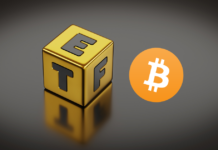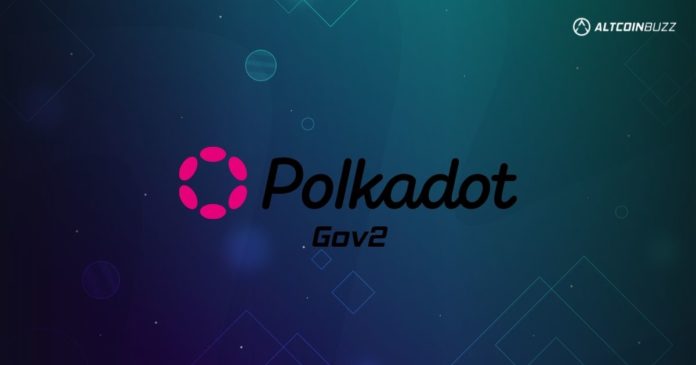Gavin Wood, Polkadot’s creator, and Ethereum’s co-founder has announced a blockchain governance upgrade during the ongoing Polkadot Decoded conference in Buenos Aires. Gavin noted that the new model would completely transform Polkadot into a new system.
The upgrade, known as Gov2, will transform the decision-making process in Polkadot. It will also be more inclusive and decentralized. This article will teach you more about this update and how it can benefit the community.
Gov2 Update Will Make Polkadot a More Democratic Blockchain
According to Gavin, the governance structure is still in progress and it will have the following features:
- Every vote will have the same importance: This will be possible by eliminating extra bodies that act as “first-class citizens.” This includes the Council and Technical Committee. One of the core features of Gov2 is that anyone can start a referendum at any time. In addition, anyone can vote on these referenda.
Gav's keynote on Governance v2 at #PolkadotDecoded Buenos Aires🇦🇷
Some updates:
– Removing the council
– Onchain voting delegation for different roles
– Polkadot Fellowship🤠 etc..towards more agile, safe and decentralised governance process for @Polkadot @kusamanetwork pic.twitter.com/ENbwgU9AFR
— Obi – Yusuke Obinata (@obnty) June 29, 2022
The new governance mechanism does not intend to veer from the founding principle of the system. Additionally, it does not depart from Polkadot’s “Conviction Voting.” The conviction voting tries to offer users who are willing to lock their tokens into the system for a longer period of time more weight.
- Gov2 will soon be live on Kusama: Polkadot’s innovative sister network after passing a final code review by a professional. Gavin noted that Polkadot would receive a proposal to vote on after the live-testing of the Gov2 on Kusama. But he did not specify how long that process would take.
Polkadot’s Origins, A New Concept in Gov2 Update
Although Gov2 aims to do away with a centralized voting hierarchy, the new system provides a grade of priority for decision-making. This is to control the potential breadth of items to vote on. Individual proposals are often described by “Origins” showing the importance of a proposal. They receive a “track” to follow as they advance.
According to the blog post, an Origin is a rich descriptor for a privilege level. It gets passed in when an operation is executed. In other words, when a regular transaction executes, the Origin parameter is set to a “Signed” status. This implies that a specific account authorized the operation to happen.
Moreover, before a proposal gets to the “deciding state,” it must satisfy three additional criteria:
- It must have a lead-in period with a set time limit.
- It must have a decision track.
- There must be payment of a “decision deposit” that pays for the referendum’s on-chain storage and guards against spam.
More About Gov2
The whole idea of Gov2 is to make decision-making more decentralized and increase community participation. Polkadot announced plans to embrace a more decentralized body called “Polkadot Fellowship.” This move will ensure that no central body wields excessive power. Additionally, it will prevent members from exercising so much control over decisions.
The fellowship of polkadot. Gouvernance 2.0 it s coming soon ! Thanks @gavofyork pic.twitter.com/EYHBNRRa0N
— GatorKor₱s (@gk18_dog) June 29, 2022
This Polkadot fellowship will have far lower entrance hurdles. It can potentially contain tens of thousands of members. However, users would have to make a small deposit to join the fellowship as a candidate member. Then, such a member receives a rank. This will indicate the level to which the system expects accuracy in its views.
Furthermore, there will be a constitution that details the prerequisites and expectations for each level, making the rating of Fellowship members visible and accountable. This governance upgrade is sure to increase Polkadot’s potential and growth.
For more cryptocurrency news, check out the Altcoin Buzz YouTube channel.
Find the most undervalued gems, up-to-date research and NFT buys with Altcoin Buzz Access. Join us for $99 per month now.



























